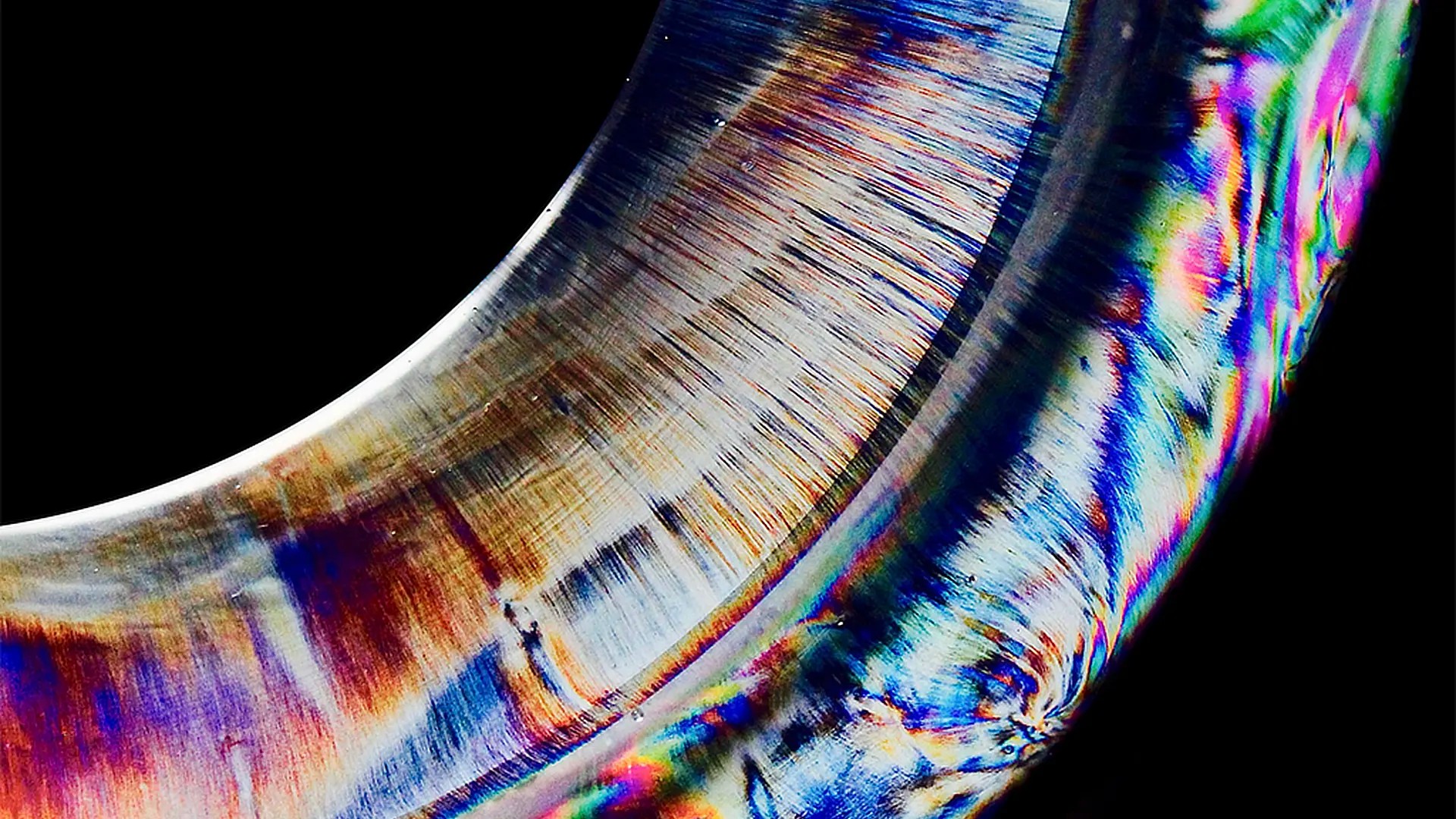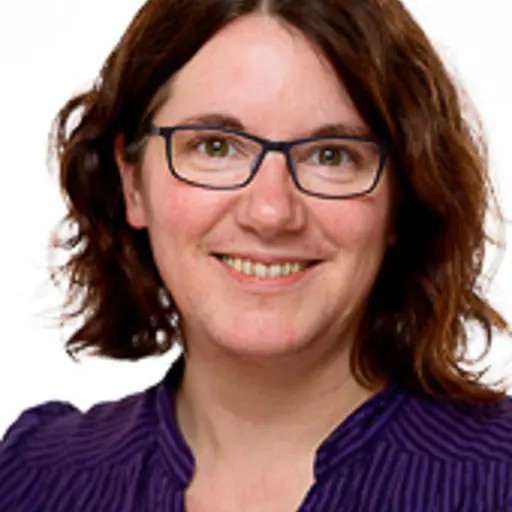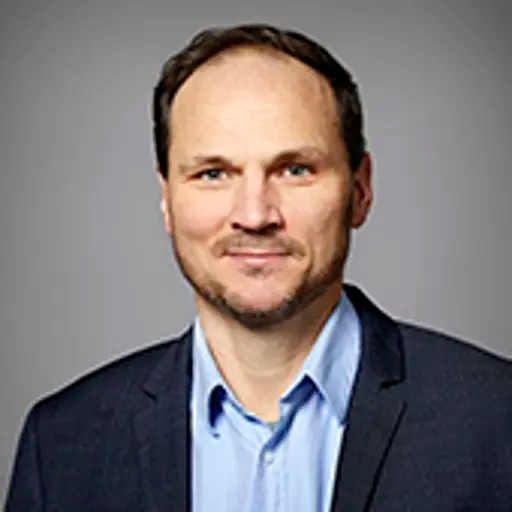
Batteries, solar cells, plastics and much more. The materials we use play a key role in the transition to a fossil-free society. The Wallenberg Initiative Materials Science for Sustainability (WISE) is now investing SEK 500 million in equipment and infrastructure at seven universities in Sweden. The investment is the largest of its kind in Sweden.
"Materials science is central to the green transition, whether it is to replace fossil-based materials or to develop completely new materials," says Maria Abrahamsson, Director of Materials Science and Professor of Chemistry and Chemical Engineering at Chalmers University of Technology. She is also main contact for WISE at Chalmers.
To combat climate change and to transform to a sustainable society, there is an urgent need for new advanced materials. To speed this development, cutting-edge research infrastructures are needed to enable the generation of new knowledge of materials and to develop green technology solutions.
"This investment will strengthen the capacity for material analysis in general, it will also open up completely new opportunities to study our materials. Chalmers University´s' part of the funds goes to the environments of chemical imaging, additive manufacturing and X-ray spectroscopy at Chalmers Materials Analysis Laboratory, CMAL," says Maria Abrahamsson, who emphasises that the instrumentation will also be available to all Chalmers researchers.
"Finding new materials for a sustainable world can only be achieved by better knowledge. Material scientists make use of research tools, in the form of spectrometers, microscopes, and other instruments to discover and understand the fundamental properties of materials. We are very enthusiastic about this investment in research technology platforms, and we are convinced that they will make a tremendous impact on the transformation towards a sustainable future," say Magnus Berggren and Olle Eriksson, director and co-director of WISE, respectively.
More about the platforms
Infrastructures for transmission- and scanning electron microscopy, photoelectron spectroscopy, nuclear magnetic resonance and magnetic resonance imaging, mass spectroscopy, crystallography, additive manufacturing, as well as dedicated fabrication and synthesis laboratories for electronic and circular materials are being financed. Several of the research technology platforms will be organized as distributed infrastructures, with complementing equipment hosted at individual universities. Substantial additional financing and support are also provided by the WISE partner universities.
The equipment is expected to be commissioned in 2024 and run throughout the entire WISE project period. For the more time-consuming build-up of certain WISE research platforms, the equipment is expected to be in operation during 2025.
In the left-hand column you will find contact details for some of the key researchers for WISE at Chalmers.
More information:
Technology platforms - WISEWISE (wise-materials.org)
Wallenberg Initiative Materials Science for Sustainability, WISE

- Head of Unit, Chemistry and Biochemistry, Chemistry and Chemical Engineering

- Assistant Professor, Materials Physics, Physics

- Full Professor, Materials and Manufacture, Industrial and Materials Science

- Full Professor, Physics

- Associate Professor, Chemistry and Biochemistry, Chemistry and Chemical Engineering